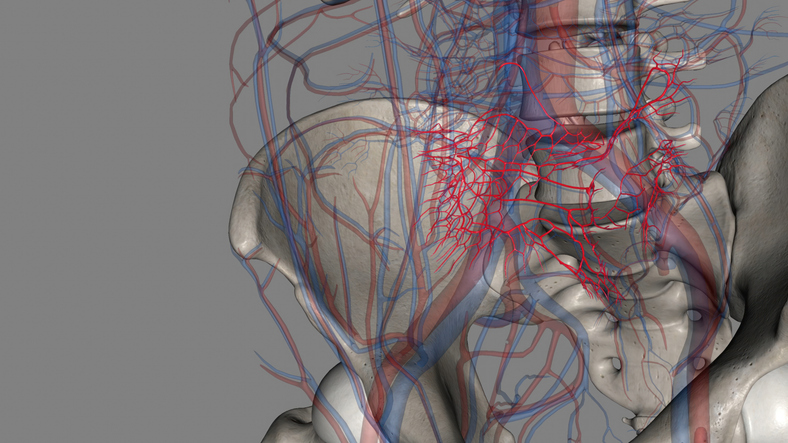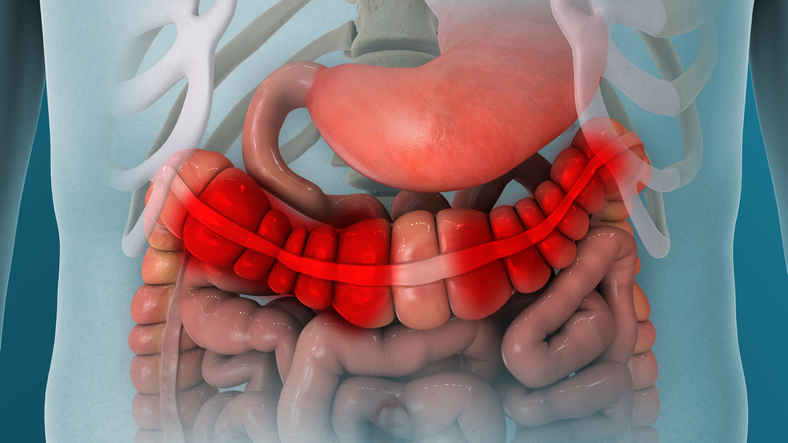
Gastroenterology
Advertisement
The low-FODMAP diet demonstrated superior reduction in IBS-SSS, but the Mediterranean diet also provided relief.
SPHK2 and SPNS2 may serve as biomarkers for UC, offering new insights into diagnosis and inflammation control.
None of the popular videos included content from healthcare providers.
SLL-1-43, a selenium compound, reduced colitis symptoms in mice by targeting NOX2 and easing inflammation, oxidative stress.
Study finds racial disparities in IBD care linked to socioeconomic barriers.
Global study maps IBD's rise worldwide, highlighting urgent needs in newly industrialized regions as cases surge.
The developed scale strengthens the investigation of global irritable bowel disease epidemiology.
Premature death was defined as death before age 75 years, which was the primary study outcome.
The U.S. FDA approved Tremfya for the treatment of adults with moderately to severely active Crohn disease.
At baseline and after 2 months, patients underwent clinical assessments, WHOQOL-BREF evaluation, and 24-hour dietary recalls.
People with CD who have associated joint inflammation due to immune system dysfunction carry distinct gut bacteria.
The primary study outcome was the development of endoscopic inflammatory pouch disease.
An increase in intestinal permeability allows gut bacteria to reach bone marrow.
There was no difference between the severity of disease and living in a food desert or a food swamp.
The early discovery of the preclinical candidate nomination took only 12 months.
Researchers in Japan aimed to fill in gaps of the scarce existing data on MACEs in patients with UC.
Researchers applied a typical characteristic of Crohn disease as potential improver of colitis and mesenteritis.
The guideline includes 14 pharmacologic recommendations.
Strict neurologic criteria were applied to the researcher's search strategy.
Definitions and stratifications comprised the name of measurement index and the score or range of scores used.
Advertisement





















 © 2025 Mashup Media, LLC, a Formedics Property. All Rights Reserved.
© 2025 Mashup Media, LLC, a Formedics Property. All Rights Reserved.